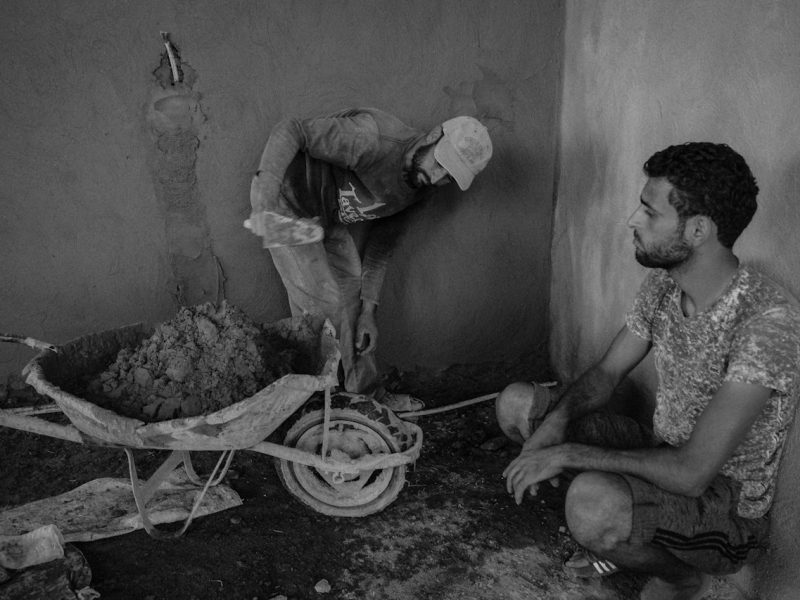[…]
The native Amazonian peoples have probably never been so threatened on their own
lands as they are at present. Amazonia is being disputed on various fronts. On the
one hand, there is neo-extractivism and the pressure being exerted by great business
interests that want to lay hands on its petroleum, gas, wood, gold and forms of agro-
industrial monocultivation. On the other hand, its lands are being threatened by the
distortion of certain policies aimed at the “conservation” of nature without taking into
account the men and women, specifically you, my Amazonian brothers and sisters,
who inhabit it. We know of movements that, under the guise of preserving the forest,
hoard great expanses of woodland and negotiate with them, leading to situations of
oppression for the native peoples; as a result, they lose access to the land and its
natural resources. These problems strangle her peoples and provoke the migration
of the young due to the lack of local alternatives. We have to break with the historical
paradigm that views Amazonia as an inexhaustible source of supplies for other
countries without concern for its inhabitants.
I consider it essential to begin creating institutional expressions of respect,
recognition and dialogue with the native peoples, acknowledging and recovering their
native cultures, languages, traditions, rights and spirituality. An intercultural dialogue
in which you yourselves will be “the principal dialogue partners, especially when large
projects affecting your land are proposed”.[1]Recognition and dialogue will be the
best way to transform relationships whose history is marked by exclusion and
discrimination.
At the same time, it is right to acknowledge the existence of promising initiatives
coming from your own communities and organizations, which advocate that the
native peoples and communities themselves be the guardians of the woodlands. The
resources that conservation practices generate would then revert to benefit your
families, improve your living conditions and promote health and education in your
communities. This form of “doing good” is in harmony with the practices of “good
living” found in the wisdom of our peoples. Allow me to state that if, for some, you
are viewed as an obstacle or a hindrance, the fact is your lives cry out against a style
of life that is oblivious to its own real cost. You are a living memory of the mission
that God has entrusted to us all: the protection of our common home.
The defence of the earth has no other purpose than the defence of life. We know of
the suffering caused for some of you by emissions of hydrocarbons, which gravely
threaten the lives of your families and contaminate your natural environment.
Along the same lines, there exists another devastating assault on life linked to this
environmental contamination favoured by illegal mining. I am speaking of human
trafficking: slave labour and sexual abuse. Violence against adolescents and against
women cries out to heaven. “I have always been distressed at the lot of those who
are victims of various kinds of human trafficking. How I wish that all of us would hear
God’s cry, ‘Where is your brother?’ (Gen 4:9). Where is your brother or sister who is
enslaved? Let us not pretend and look the other way. There is greater complicity than
we think. This issue involves everyone!”[2]
[…]




